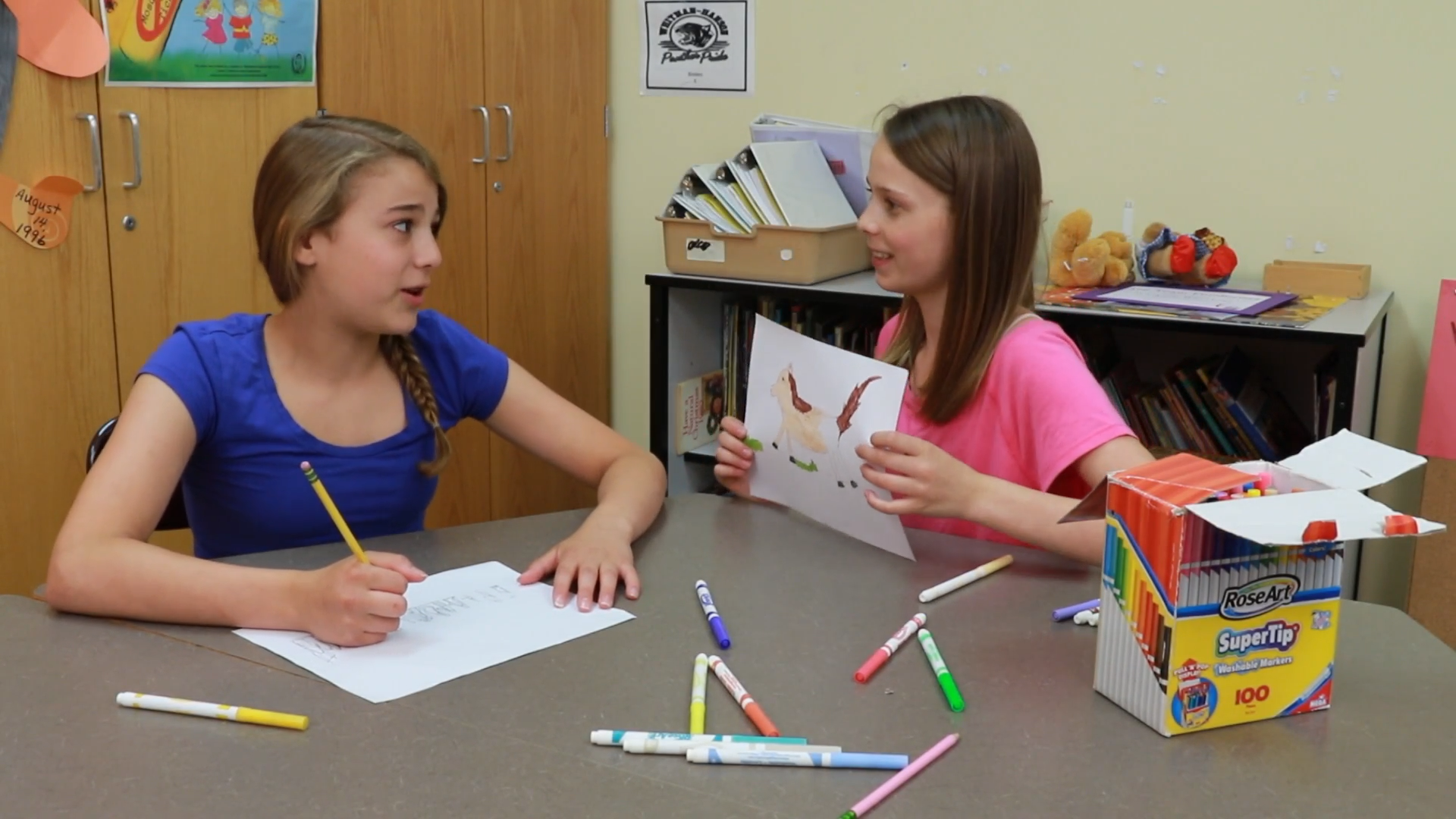
Introduction
Compliments play a significant role in fostering positive relationships and building self-esteem. For students in special education, learning the art of giving and receiving compliments is an essential social-emotional skill. This blog post will provide an overview of the importance of compliments, a no-prep activity for the classroom, discussion questions, related skills, and next steps for educators to continue developing students’ social-emotional learning.
No-Prep Activity: Compliment Circle
This simple, no-prep activity will encourage students to practice giving and receiving compliments in a supportive environment. To begin, have students sit in a circle. Select one student to start the activity. This student will give a genuine compliment to the person on their left. That person will then say “thank you,” and proceed to give a compliment to the next person in the circle. Continue this process until every student has both given and received a compliment. After the activity, discuss the experience with the class and how it made them feel to give and receive compliments.
Discussion Questions
- How did it feel to give a compliment to someone else? How did it feel to receive one?
- Why do you think giving and receiving compliments is important in building friendships and positive relationships?
- Can you think of a time when someone gave you a compliment that made you feel really good? How did it impact your day or your relationship with that person?
- What are some ways we can practice giving genuine compliments to others?
- How do you think giving compliments can help people feel more connected and have a positive impact on the classroom environment?
Related Skills
In addition to giving and receiving compliments, there are other social-emotional skills that can benefit students in special education. Some of these related skills include:
- Active Listening: Paying full attention to the speaker, making eye contact, and demonstrating understanding through verbal and non-verbal cues.
- Empathy: Understanding and sharing the feelings of others, which can help students form stronger connections and be more supportive of their peers.
- Expressing Gratitude: Acknowledging and appreciating the actions and efforts of others, which can improve relationships and foster a positive environment.
- Assertiveness: Communicating thoughts and feelings respectfully and confidently, which can help students advocate for themselves and maintain healthy relationships.
Next Steps
Teaching students in special education the art of giving and receiving compliments is a crucial aspect of their social-emotional development. As an educator, you can help your students build these skills through activities and discussions that promote a positive and supportive environment. To access free sample materials that can further enhance your students’ social-emotional learning journey, sign up at Everyday Speech.

